Confronting Inequity and Structural Racism by Building Community Schools

The last few decades of disinvestment and privatization have devastated public schools across the country, especially those in poor and distressed neighborhoods and communities of color. But we shouldn’t simply try to roll back the clock: long before the present crisis many schools were already failing the children who needed an opportunity to learn the most.
Out of that failure a growing movement of parents, youth, educators and community advocates are charting a better path forward: community schools. The community schools model holds at its core both research-proven methods and hard-won local insight from community members about what is most needed locally, which is what makes it a powerful evidence-based equity strategy!
As shown in our Loving Cities Index, barriers to a student’s success can be found both inside schools and far beyond the schoolhouse gate. Using whole-child wraparound supports — like health and dental clinics, mentoring, and counseling — community schools become hubs of activity and progress in the neighborhoods around them. And through collaboration with community based organizations, businesses and colleges to offer students real-world projects that make learning more relevant and engaging, they build connections that can open the door to future opportunities.
Many towns and cities across the country are already implementing a community schools strategy, and many more are planning to. For example, Journey for Justice, a national alliance of grassroots community, youth, and parent-led organizations, is looking to create 10,000 sustainable, strong, neighborhood community schools! The Partnership for the Future of Learning recently released a “Community Schools Playbook,” a comprehensive step-by-step guide for those looking to promote and build community schools. It’s the first of its kind guide with tools that you can pick up and get started with today.
This lively webinar covered community schools both in theory and practice.





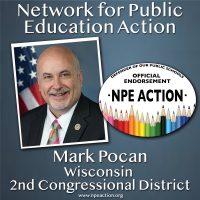
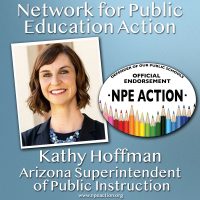

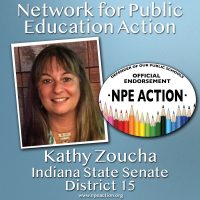
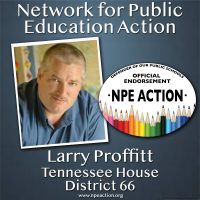
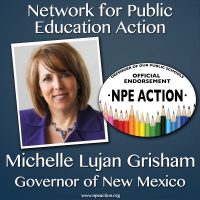
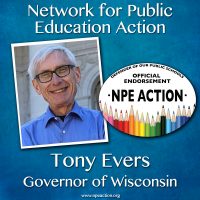
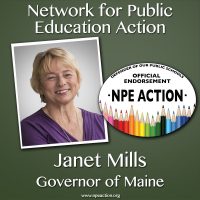
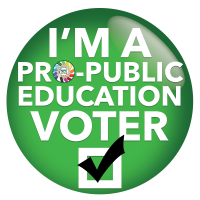

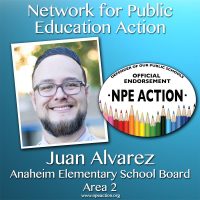

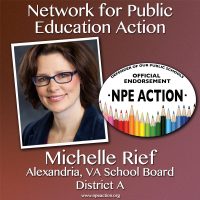


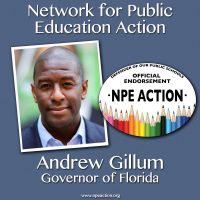
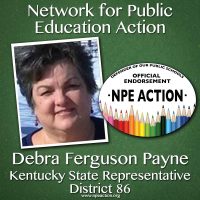
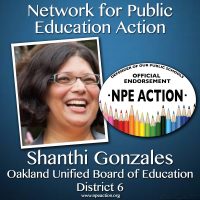
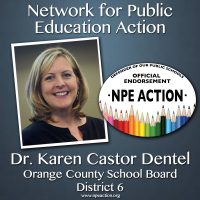
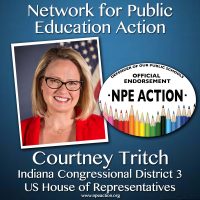
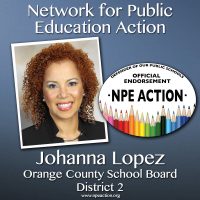
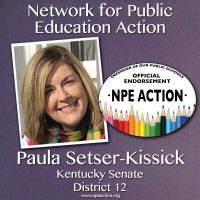
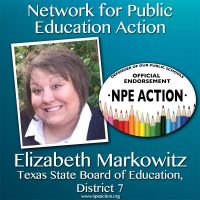
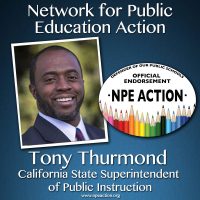
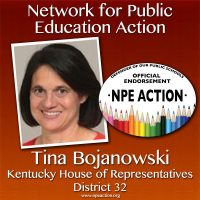

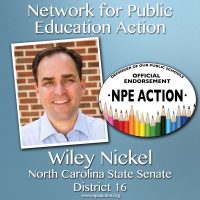
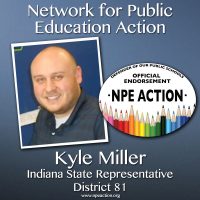
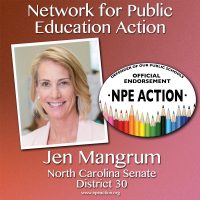
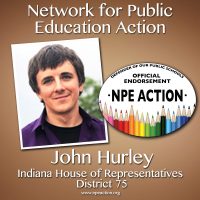
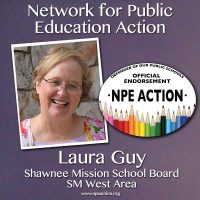





:no_upscale()/cdn.vox-cdn.com/uploads/chorus_asset/file/13360769/_104102621_b2665878_8b88_4b21_a6a7_39a37ff626a6.jpg)









